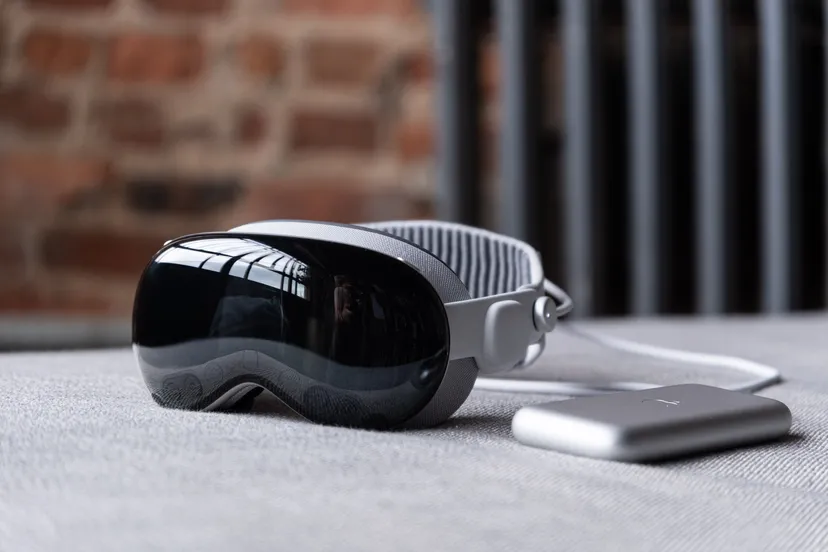For some Apple Vision Pro buyers, the honeymoon is already over.
It’s no coincidence that there’s been an uptick on social media of Vision Pro owners saying they’re returning their $3,500 headsets in the past few days. Apple allows you to return any product within 14 days of purchase — and for the first wave of Vision Pro buyers, we’re right about at that point.
Comfort is among the most cited reasons for returns. People have said the headset gives them headaches and triggers motion sickness. The weight of the device, and the fact that most of it is front-loaded, has been another complaint. Parker Ortolani, The Verge’s product manager, told me that he thought using the device led to a burst blood vessel in his eye. At least one other person noted they had a similar experience with redness. (To be fair, VR headset users have anecdotally reported dry eyes and redness for years.)
“Despite being as magical to use as I’d hoped, it was simply way too uncomfortable to wear even for short periods of time both due to the weight and the strap designs. I wanted to use it, but dreaded putting it on,” says Ortolani, who also posted about returning the device.
“It’s just too expensive and unwieldy to even try to get used to the constant headaches and eye strain I was experiencing. I’ll be back for the next one.”
This isn’t surprising. Every human body is unique, which is a problem when you’re scaling wearable production for the mass market. Comfort is inevitably sacrificed — and it affects people disproportionately. With smartwatches, it often boils down to the size and weight of the case compared to your wrist. With smart rings, it’s the size of your finger. Many people are unfortunately between sizes or have issues with finger swelling. For smart glasses and headsets, having a low nose bridge can mean the device just slips off your face or fails to adequately block out light.
But the hardware isn’t the only issue. Another common complaint is the Vision Pro doesn’t offer enough productivity relative to the price. One user noted on Threads that looking at Figma screens made them feel dizzy but that the device also wasn’t applicable to their work. Another engineer wrote on the social media platform X that the “coding experience failed to convince [him]” and focusing issues caused headaches.
“If I’m not using this for productivity, and if I don’t love it for entertainment, and if there aren’t enough games to play on it – I just can’t justify keeping it,” one Reddit user wrote.
For Carter Gibson, a senior manager working on community management and moderation at Google, it’s the finer details. Things like futzing around with windows and file management are productivity deal-breakers.
“It’s difficult to multitask between ‘windows’,” Gibson told me in an exchange on Threads. “Several file types simply aren’t supported on the Vision Pro. I also can’t see how creating a slide in the VP would be less energy than doing so w/ mouse and keyboard — even if does feel like you’re in Minority Report.”
It’s hard to say how this vocal subset of early adopters will impact the Vision Pro going forward. Many folks who said they’d be returning the device also noted they’d be eager to try a second-gen Vision Pro. Others emphasized that the tech wasn’t the issue at hand so much as the lack of a killer app or comfort. It’s also hard to say how widespread of a phenomenon this is. While these users are speaking out on social media, we have no idea of the actual return rate — or what Apple’s internal expectations for the Vision Pro are.

